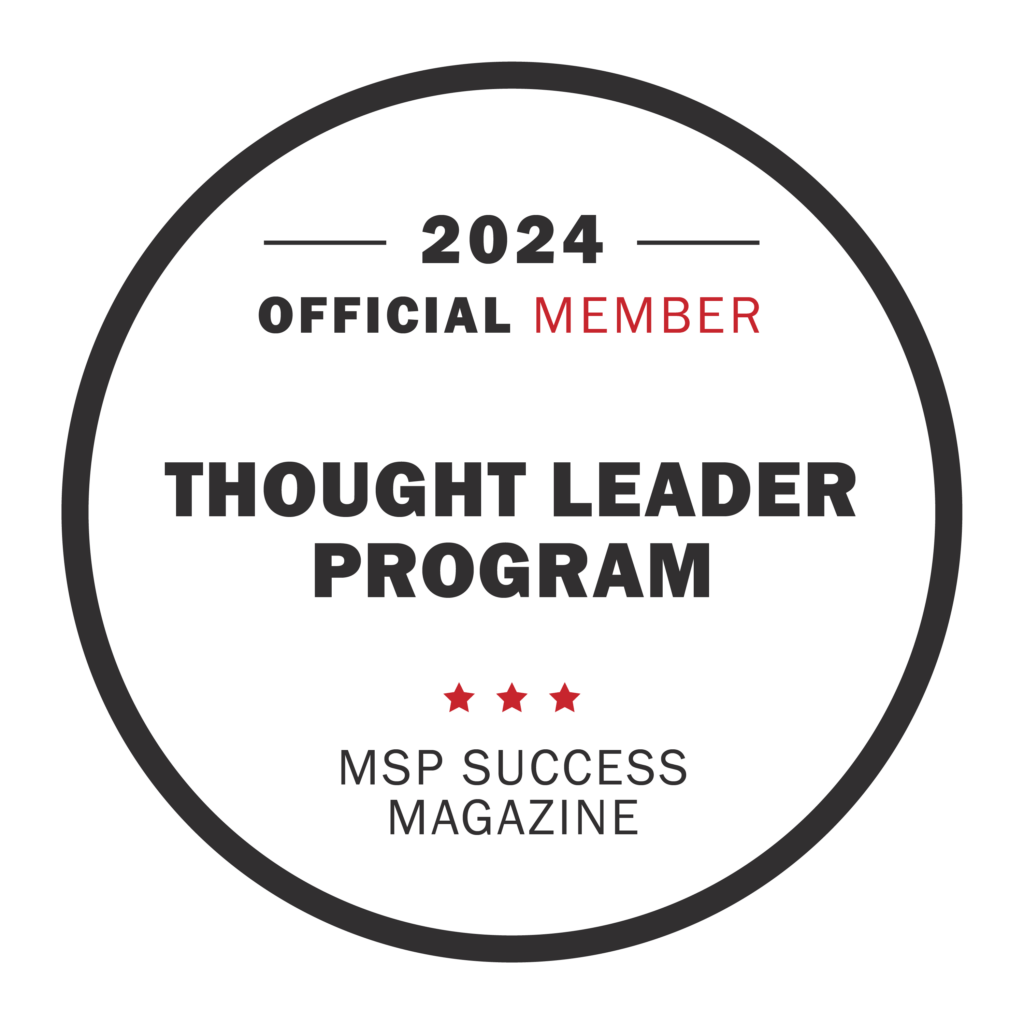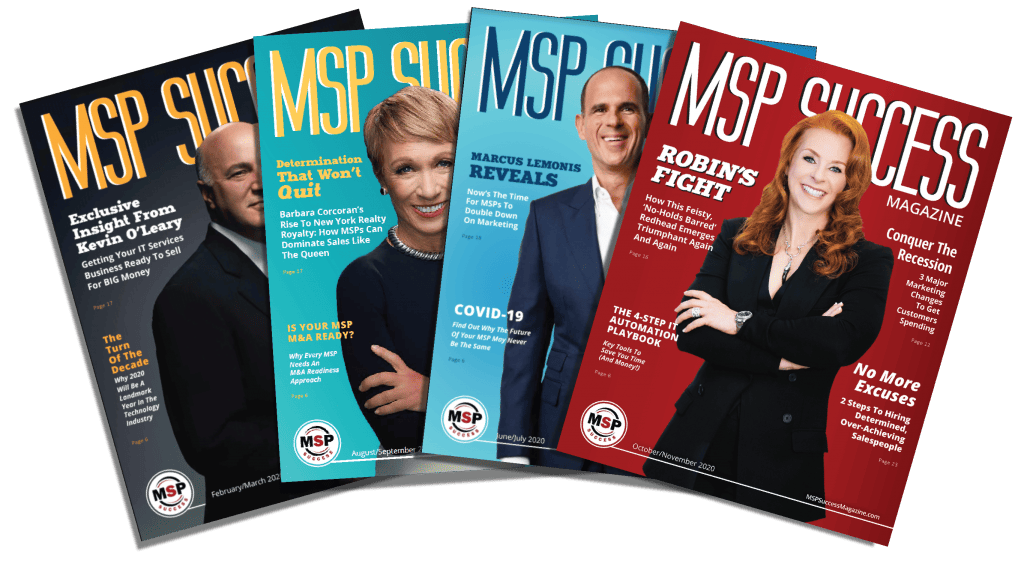
The MSP Success Thought Leaders Program invites leaders in the small business IT/MSP industry to share their insights and advice with MSP Success readers. This article was written by guest contributor Chad Reinbold, founder and CEO of SCS Inc., a Brooklet, Georgia-based MSP.
Being an MSP business owner as long as I have, I always thought that everyone felt the same as me—come into work, close some tickets, and have fun doing it! However, I’ve learned that the true essence of company culture extends far beyond the occasional office gathering and lighthearted fun.
Through our process of introspection and taking culture surveys, we’ve learned that our culture left much to be desired. Over the last three years, we’ve embarked on a journey to better understand and refine our company culture. Here’s what two, soon to be three, culture surveys and some critical assessments have taught us.
Confronting A False Sense Of Cultural Satisfaction
Our initial attempt at gauging company culture was somewhat simplistic. We designed a survey with approximately 20 questions, all crafted internally. Given that the questions were created by our company, it’s no surprise that the responses closely reflected our desired outcomes. Employees answered in a way that aligned with what we wanted to hear, and the results gave us a false sense of cultural satisfaction. It was a nice start!
Determined to gain a clearer and greater perspective, we decided to use a nationally administered culture survey. This approach provided us with benchmarks against other MSPs and offered a more standardized measurement of our current culture. At first glance, the results were disheartening. I remember reading the report and feeling disappointment, even frustration. I tossed the report aside and considered taking a day off to process.
Until that moment, I had always thought our office culture was solid. After all, we frequently organized movie nights, provided breakfast at our Friday staff meetings, and even gave out Nerf dart guns for Christmas. I believed these gestures reflected a positive culture. However, the survey results challenged this perception and forced me to confront a sobering reality.
What Company Culture Really Means
The results from the national survey were a wake-up call. They revealed a disconnect between the fun aspects of our workplace and the deeper, more substantive parts of our company culture. I previously equated culture with visible, enjoyable activities—those moments of shared laughter and camaraderie. However, the survey opened my eyes to the fact that culture means far more than that.
A positive company culture involves much more than periodic social events. It encompasses the daily work environment, communication with the team, leadership effectiveness, employee engagement, and alignment with company values. It’s about how employees feel, how they perceive their roles, and their opportunities for growth. It’s about how well they believe their contributions are recognized and valued. How many times do you express your companies’ values to your team? How often do your company’s values come up during the interview process?
The survey showed us where we were falling short. It underscored issues related to employee satisfaction, clarity of role expectations, and perceptions of management. These were areas I hadn’t fully addressed, focusing instead on the more tangible, fun aspects of culture.
5 Steps To Build Culture From The Ground Up
Armed with a new understanding, we recognized the need to adopt a more comprehensive approach to cultivating a positive company culture. Here are some key steps we’ve taken:
1. Enhanced Communication: We’ve improved the channels for open and honest communication between employees and management. Regular huddles and what we call “buzz-worthy meetings” have been introduced to ensure that everyone’s voice is heard.
2. Role Clarity and Support: We went back to the drawing board and completely re-wrote our job roles and descriptions. We are now more focused on aligning individual roles with organizational goals.
3. Leadership Development: We’ve invested in leadership training to ensure that our managers are equipped to foster a supportive environment. Leadership style has a significant impact on culture, and our goal is to ensure our leaders are role models for the values we, as a company, will uphold.
4. Recognizing and Celebrating Achievements: While social events are still part of our culture, we now place greater emphasis on regularly recognizing individual and team achievements. This includes a more structured reward system and intentional acknowledgment of contributions.
5. Continuous Assessment: We understand that culture isn’t a static element. To stay aligned with our cultural objectives, we now conduct regular assessments and adapt our strategies based on ongoing feedback. We take our next survey next month!
Finding True Cultural Health
Our journey through these culture surveys has been a tremendous learning experience. We’ve come to understand that while having fun and celebrating together is important, it is just one part of a well-rounded company culture. True cultural health involves a deeper commitment to employee satisfaction, effective communication, and supportive leadership. It starts with me, as CEO.
We are now better equipped to build a culture that not only appears positive on the surface but is genuinely fulfilling at its core. As we continue to evolve, we remain dedicated to building a workplace where every employee feels valued and engaged, recognizing that a thriving culture is integral to our long-term success as an MSP.
For more on building culture, see Unlock The Power Of Core Values: Fuel Business Success With A Vibrant Company Culture.














